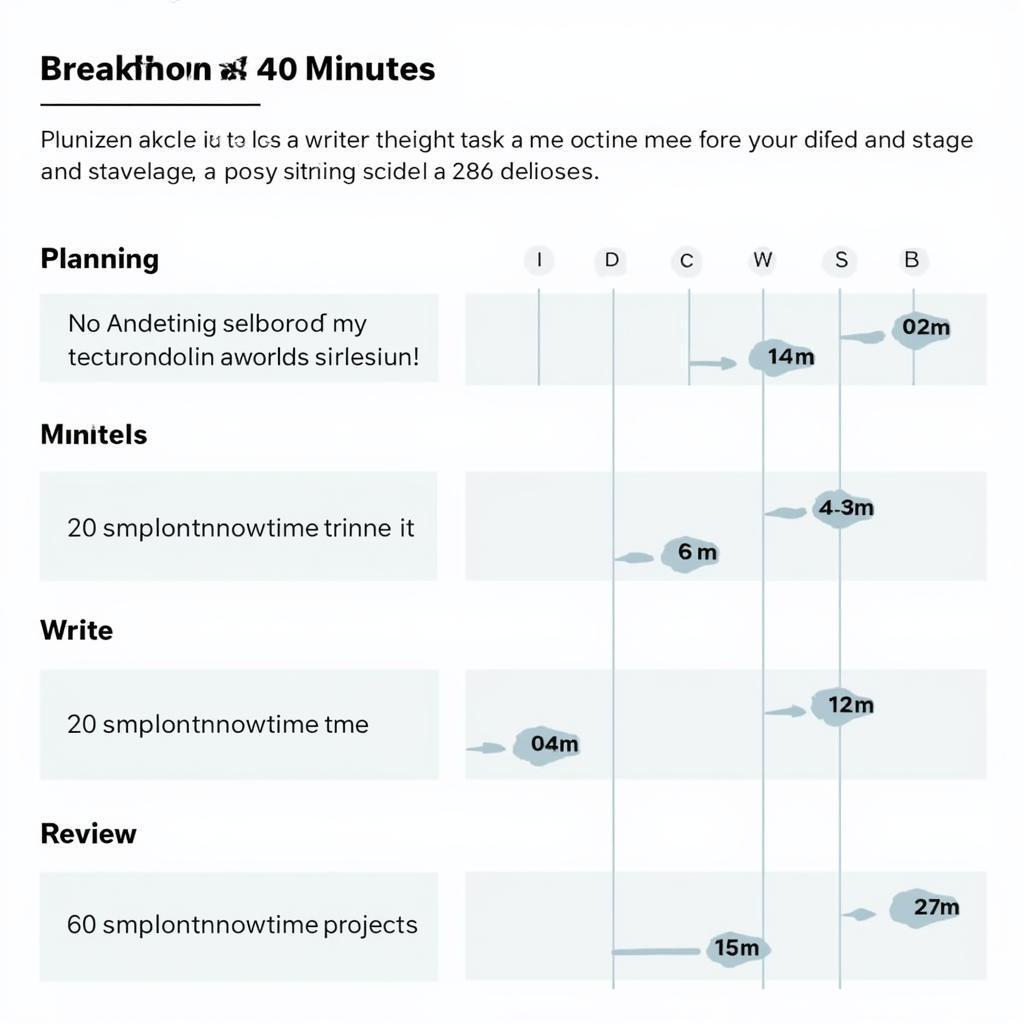Navigating IELTS Writing Task 2 can be challenging, even for experienced test-takers. Understanding and avoiding common mistakes is crucial for achieving a high band score. As a veteran IELTS instructor, I’ve helped thousands of students overcome these hurdles. Let’s explore the most frequent pitfalls and learn effective strategies to avoid them.
Understanding Task Requirements
One of the most critical aspects of How to avoid IELTS writing task 2 pitfalls? is fully comprehending what the question asks. Many candidates lose marks by misinterpreting the task or providing irrelevant responses.
Common Misinterpretation Issues
- Partially answering the question
- Focusing on minor aspects while ignoring main points
- Writing about personal experiences when analysis is required
- Providing generic responses without specific examples
Structure and Organization
A well-organized essay demonstrates clear thinking and enhances readability. For detailed guidance on improving your essay structure, check out improving cohesion with grammar.
Essential Components
- Clear introduction with topic presentation and thesis statement
- Well-developed body paragraphs
- Logical progression of ideas
- Coherent conclusion summarizing main points
Time Management Strategies
Effective time management is crucial for success in IELTS Writing Task 2. Learn more about how to manage time in writing task 2 to optimize your performance.
Recommended Time Allocation
- Planning: 5 minutes
- Writing: 35 minutes
- Reviewing: 5 minutes

Language and Vocabulary
Using appropriate language and vocabulary is essential for achieving a high band score. Consider incorporating using cohesive phrases in task 1 reports techniques in your Task 2 essays as well.
Common Language Pitfalls to Avoid
- Overuse of informal expressions
- Repetitive vocabulary
- Memorized phrases that don’t fit naturally
- Complex language used incorrectly
Development of Ideas
Strong idea development is crucial for a compelling essay. Similar to IELTS Listening time-saving strategies?, proper planning helps organize thoughts effectively.
Key Aspects of Idea Development
- Clear main points
- Relevant supporting evidence
- Specific examples
- Balanced arguments
Conclusion
Avoiding common pitfalls in IELTS Writing Task 2 requires careful attention to task requirements, proper structure, effective time management, appropriate language use, and strong idea development. By being aware of these potential problems and implementing the strategies discussed, you can significantly improve your writing performance and achieve your desired band score.
Frequently Asked Questions
Q: How can I improve my essay structure?
A: Focus on clear paragraph organization, use appropriate linking words, and ensure each paragraph has a clear main idea supported by relevant examples.
Q: What’s the best way to manage time during Writing Task 2?
A: Allocate 5 minutes for planning, 35 minutes for writing, and 5 minutes for reviewing. Stick to this schedule strictly during practice sessions.
Q: How can I ensure I’m answering the question fully?
A: Carefully analyze all parts of the question, underline key words, and create a brief outline before writing to ensure complete coverage of the topic.
Q: Should I use complex vocabulary to get a higher score?
A: Use natural, appropriate vocabulary that you’re confident with rather than forcing complex words that might be used incorrectly.
Q: How can I make my examples more relevant?
A: Choose specific examples that directly support your main points and are relatable to the topic at hand.